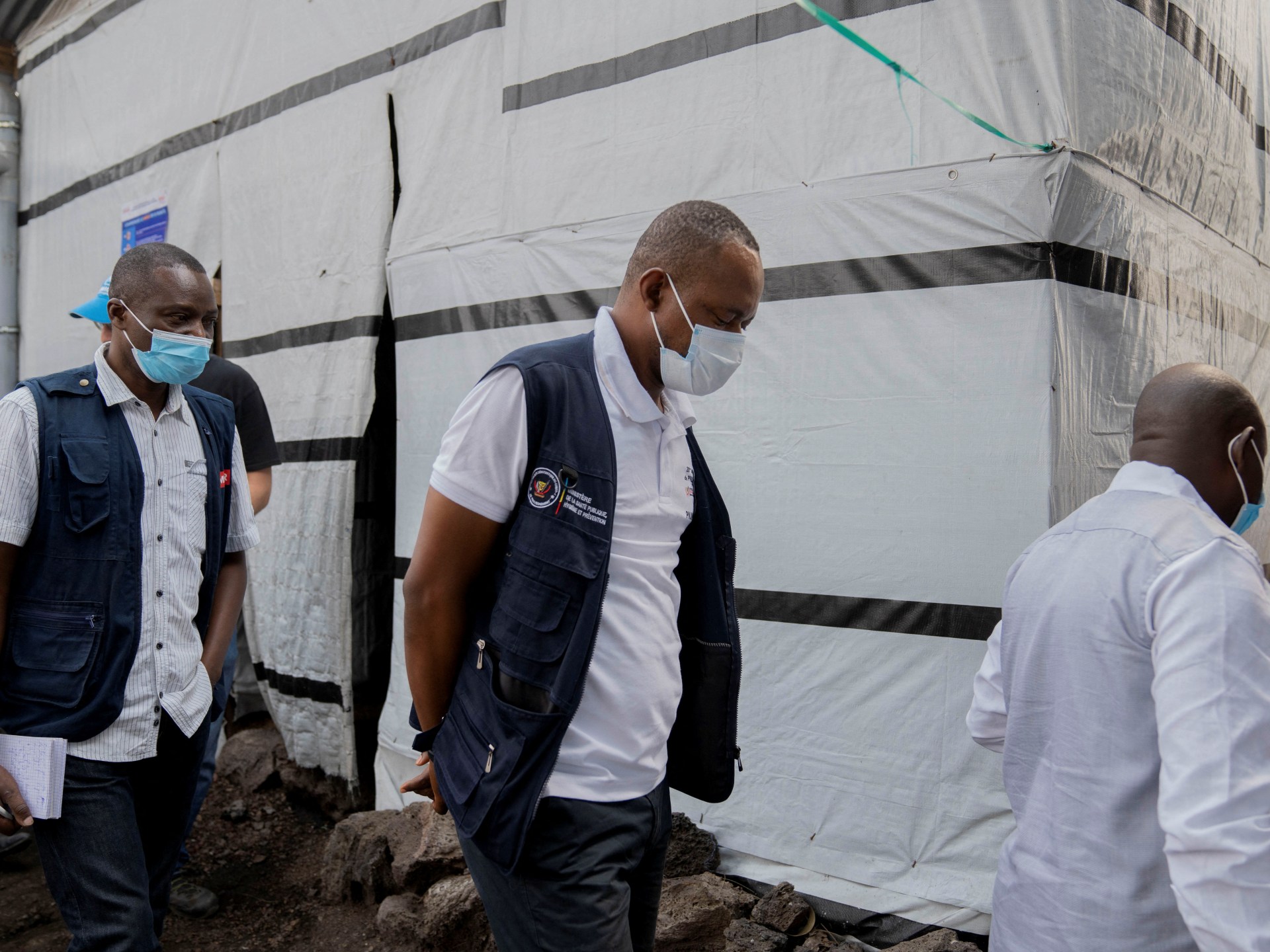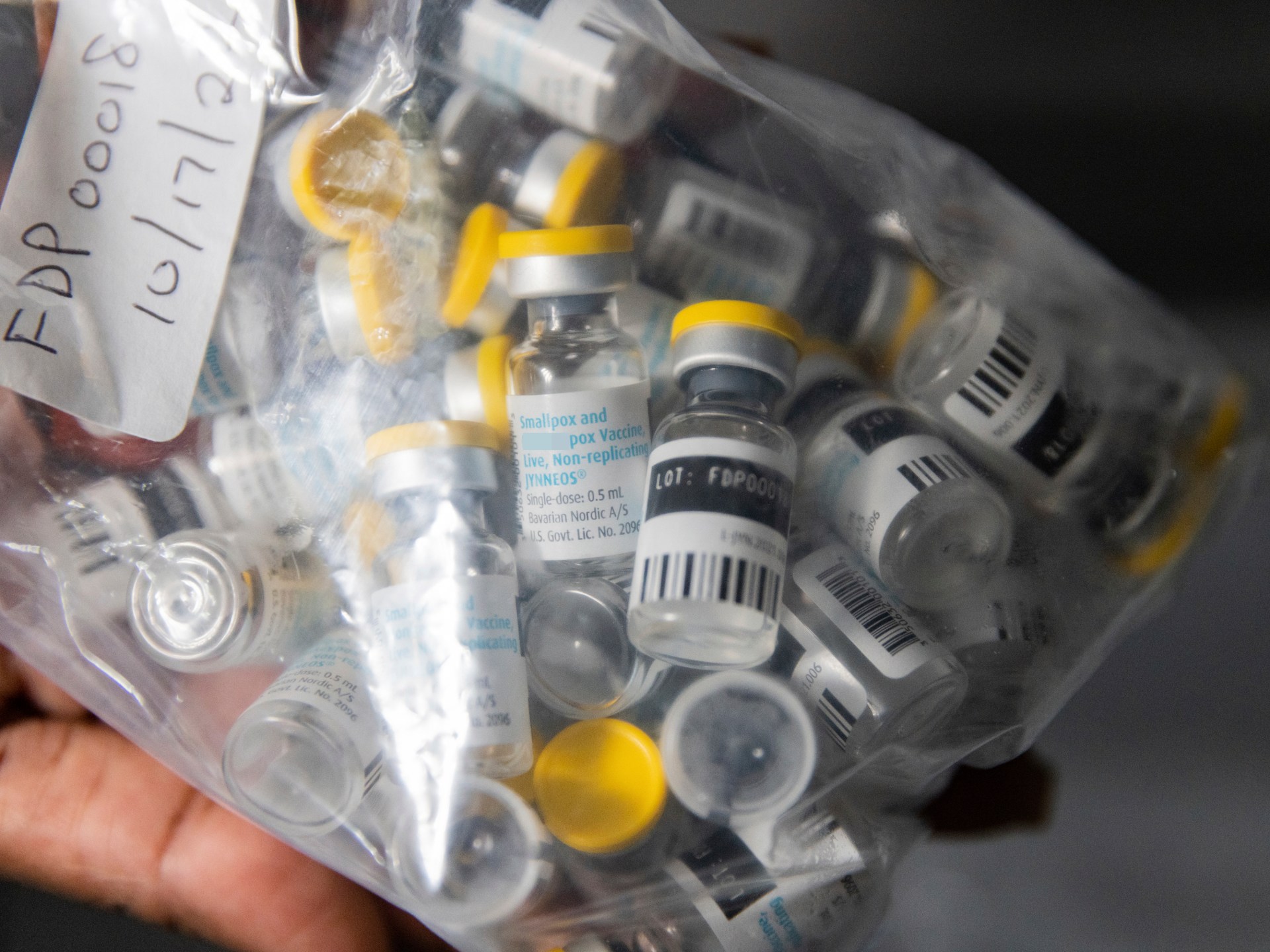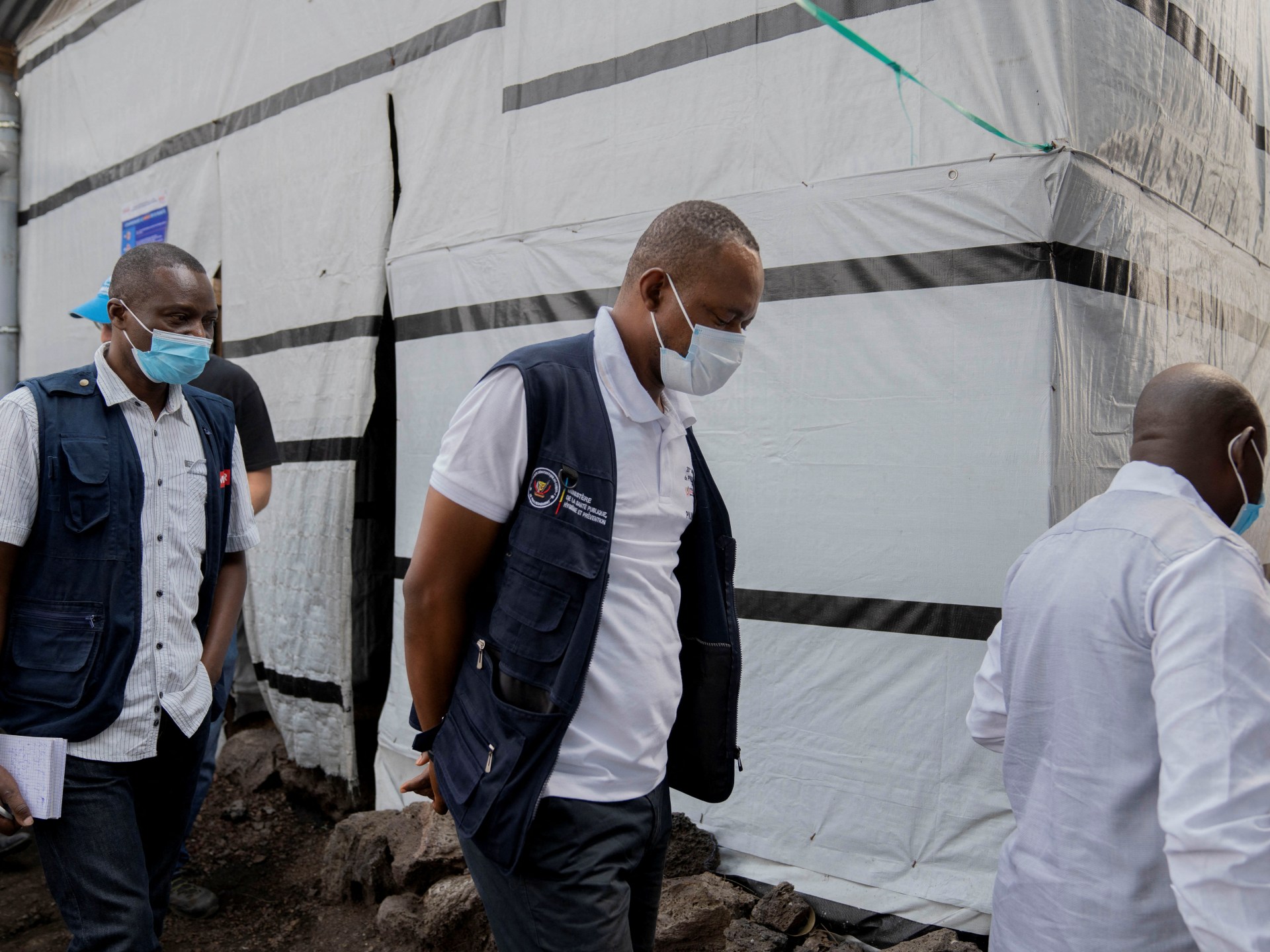New Variant of Mpox Virus Threatens Africa
The World Health Organization (WHO) has declared a public health emergency of international concern (PHEIC) due to a new variant of the mpox viral disease in Africa. The PHEIC declaration is the WHO’s highest level of alert and triggers emergency responses in countries worldwide under the legally binding International Health Regulations.
The Outbreak
The outbreak began in the Democratic Republic of Congo (DRC) with a strain known as clade I, but a new variant, clade Ib, appears to be spreading more easily. The strain has so far been detected in Burundi, Kenya, Rwanda, and Uganda.
More than 17,000 suspected mpox cases and 517 deaths have been reported on the African continent so far this year, a 160 percent increase in cases compared with the same period last year.
Symptoms and Transmission
Mpox can spread through close contact between individuals. While usually mild, it can be fatal in rare cases. It causes flu-like symptoms and pus-filled lesions on the body.
Global Response
The WHO is coordinating the global response, working closely with each of the affected countries. The PHEIC declaration can accelerate research, funding, and international public health measures and cooperation to contain a disease.
Africa’s top public health body has also declared an mpox emergency for the continent and is working to secure vaccines.
Red Cross Response
The Red Cross is scaling up preparedness measures across Africa, particularly in the eastern DRC. The organization is playing a crucial role in containing the spread of the disease, even in hard-to-reach areas.
Previous Outbreaks
A different form of the mpox virus – clade IIb – spread globally in 2022, largely through sexual contact among men who have sex with men. The WHO declared a public health emergency which lasted from July 2022 to May 2023. The outbreak caused some 140 deaths out of about 90,000 cases.
Conclusion
The new mpox variant in Africa is a serious threat to public health. The WHO’s PHEIC declaration is a call to action for countries worldwide to take urgent steps to contain the spread of the disease. The global response, including the efforts of the Red Cross, is crucial to saving lives and preventing further spread.



